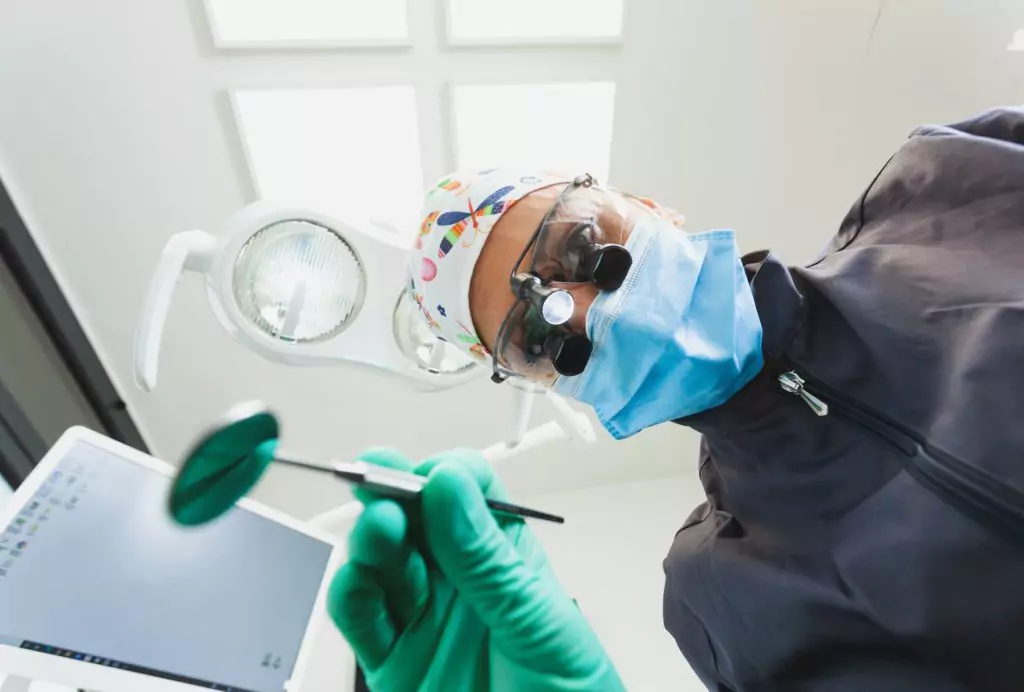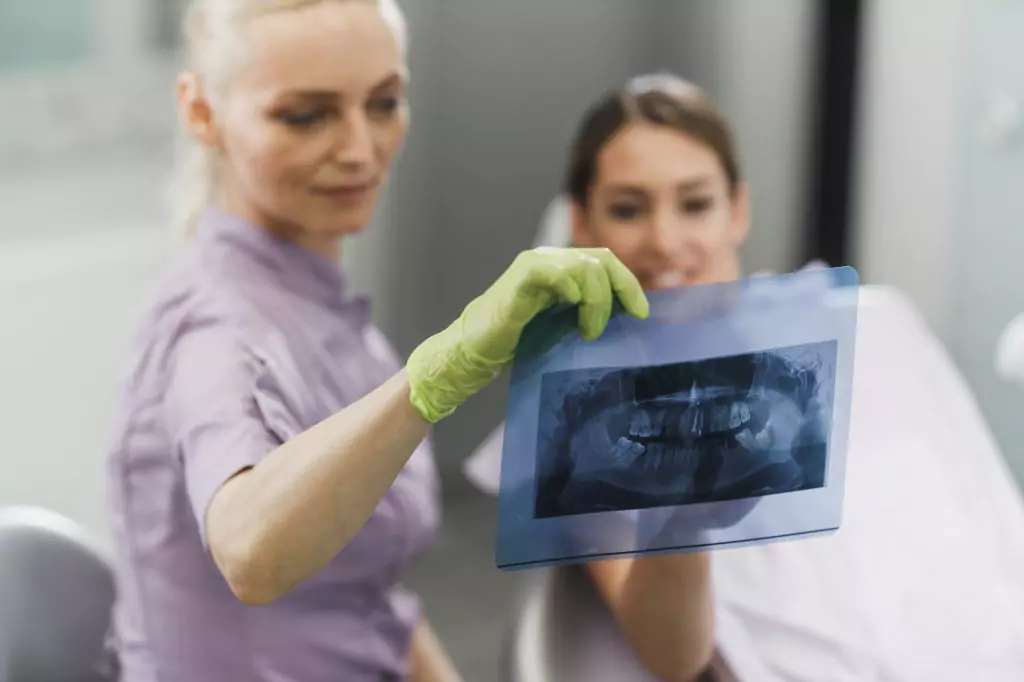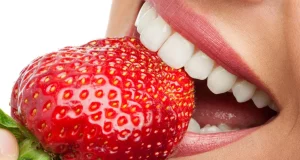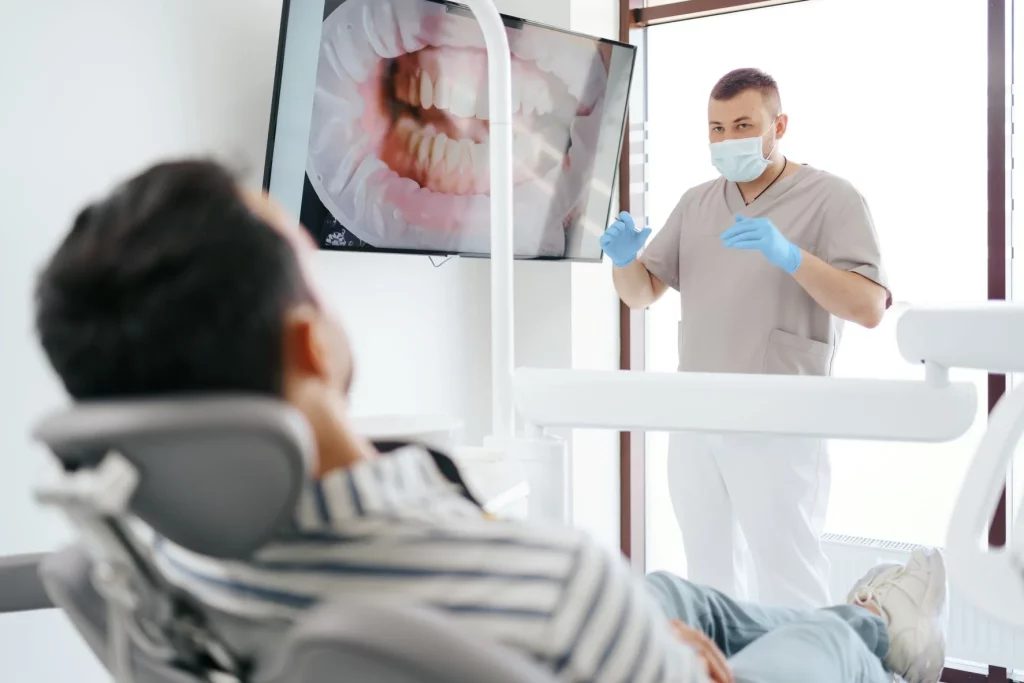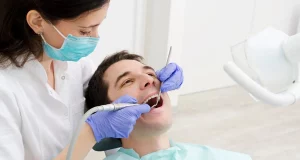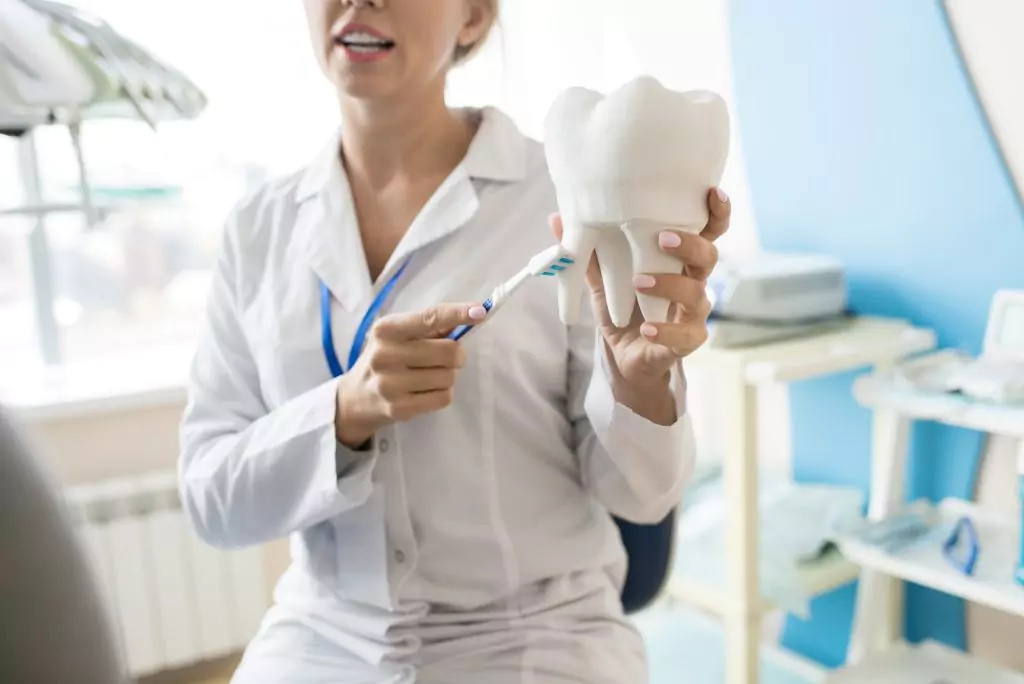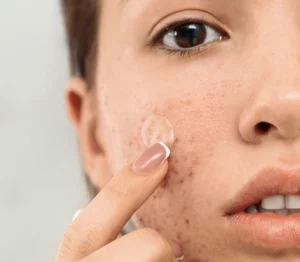© 2022 World Of Dentistry. All rights reserved.
Preventive dentistry aims to help maintain oral health, for which it includes activities that link patients, as well as care and guidance work from health services to strengthen habits that contribute to avoiding dental diseases.
In other words, the prevention of dental diseases is a task that is shared with dental professionals, who provide care and guidance, while people must assume the habits that prevent pathologies.
What are the preventive actions?
Some of those tasks are:
.
- Conferences on education and awareness in oral health.
- Daily practice of good dental hygiene.
- Regular visits to the dentist to facilitate early diagnoses.
This section takes a tour of the different care and support alternatives offered by preventive dentistry.
Fact Checked
Our team of writers, editors, and medical experts rigorously evaluates each article to ensure the information is accurate and exclusively cites reputable sources.
Dental sealants or sealants are an option to prevent cavities.
A thin coating of resin or plastic is applied to the chewing surfaces of the teeth, especially the grooves of the teeth.
How do dental sealants work?
Sealants help:
- Prevent food debris, acids, and bacterial plaque from being located in the spaces of the molars and premolars.
- Prevent cavities and dental deterioration.
- Protect permanent molar teeth.
Dental sealants can last several years. It can be used in children, adolescents, and adults.
This note offers information on this prevention alternative that has effective results in avoiding dental caries.
Dental sealants act as a protective barrier that closes fissures and spaces, avoiding this accumulation and preventing cavities.
X-rays are a key tool for the prevention, diagnosis, and treatment of various dental conditions.
Diagnostic images show information that cannot be detected in a routine examination. They make hidden situations visible to the naked eye, and thus it is possible for the dentist to design the treatment route with more information.
What kind of dental conditions are detected with X-rays?
- Abscesses
- Anomalies in the roots of the teeth.
- Dental cavities.
- Dental misalignment.
- Cysts and tumors.
Depending on the condition that the dentist wants to evaluate and diagnose, different types of X-rays are used, with the purpose of knowing more details about the situation and then charting the route to follow.
X-rays are a diagnostic complement for different areas of dentistry, at different times: for prevention, in the initial stage of treatments, and in subsequent controls, to monitor the evolution of treatment.
Dental health influences well-being and is linked to a balanced diet, which has foods that help preserve it and avoid those that affect it.
Various factors that can impact dental health are related to diet.
What foods contribute to dental health? Which impacts it and should be avoided?
A nutritional diet that includes foods that help to preserve dental health, contributes to improving the quality of life.
Some of the foods that contribute to maintaining good dental health are:
- High fiber foods
- Fruits and vegetables
- Milk and milk derivatives
Learn about the foods that help you build well-being and include them in your daily diet.
Other foods impact dental health by promoting cavities and dental disease. This is the case of soft drinks, carbonated drinks, and other products with high levels of sugar and starch. Chips, crackers, and bread do not promote dental health.
Oral cancer is a disease that affects thousands of people around the world each year. In recent years, the number of people diagnosed with mouth or throat cancer has increased.
Oral cancer is treatable if diagnosed early. Early detection is an essential part of treatment.
Oral cancer can appear on the lips, tongue, gums, inside of the cheeks, under the tongue, on the roof of the mouth, or in the area of the wisdom teeth.
What are the symptoms of oral cancer?
Some of them are:
- Difficulty moving the jaw or tongue.
- Pain or difficulty swallowing
- Numbness of the tongue
- Constant bad breath
- Red or white spots
- A sore that does not heal
The exam to diagnose oral cancer does not require special preparation and can be performed in a routine consultation.
Oral cancer is treatable if diagnosed early. Early detection is an essential part of treatment.
Maintaining good oral health is essential in disease prevention. To achieve this goal, it is necessary to follow some prevention practices such as oral exams and dental cleanings. These procedures are the foundation of preventive dentistry.
Generally, a dental examination includes an inspection of the oral cavity, some x-rays to evaluate the hidden parts, and dental cleaning or prophylaxis.
Dental prophylaxis has several positive impacts on oral health.
- Prevent cavities and other dental diseases
- Avoid the loss of dental pieces.
- Contributes to overall health by avoiding other side effects
Prevention is the key and the safe route to having a good oral health condition.
In this note, find the what, why, and for what of oral exams and dental cleanings.
These exams are relevant to oral health since they facilitate early diagnosis, and timely treatment, and thus avoid more complex situations.
Dental cleaning, dental prophylaxis, is a preventive procedure that helps maintain good oral health. Helps remove bacterial plaque and tartar.
Dental health condition affects the integral well-being of people. Having information about the attention and care required to prevent health problems and maintain quality of life is essential. It is at this point where oral health education plays a relevant role in personal well-being.
What aspects does oral health education include?
- Dental hygiene practices
- A balanced diet
- Periodic visits to the dentist
Oral health education aims to emphasize the importance of these practices for a dental health condition, how to carry them out properly and facilitate behavior changes.
Along this route, oral health education provides information and alternatives that promote the changes required to maintain good dental conditions.
Oral health education covers a wide range of topics, from basic oral hygiene to the prevention and treatment of more serious oral diseases.
Lack of a good oral care routine can lead to dental diseases such as cavities, gingivitis, and periodontitis. For this reason, it is important to know and follow a good oral hygiene routine to prevent these dental problems.
To maintain good oral hygiene, a daily oral care routine must be followed.
What does that daily routine include?
Generally, one thinks of brushing the teeth and flossing. But there are other aspects that are generally forgotten:
- Periodically change the toothbrush
- Brush the tongue.
Get to know our guide of recommendations for maintaining good dental health.
In addition to this basic care, there are other recommendations for oral hygiene care in pregnant women and in people with diagnoses that compromise the immune system. This is the case for those living with diabetes, cancer, and HIV, among other diseases.




